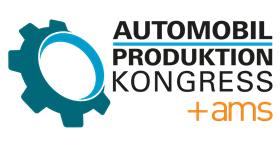Inside Dräxlmaier’s digital drive: COO Arno Güllering on AI, mindset shifts and global smart factory strategy
In a revealing interview at the Automobil Produktion Kongress in Munich, Arno Güllering, chief operating officer of Dräxlmaier Group, shares how the global supplier is accelerating its smart factory transformation. From unexpected digital frontrunners like Tunisia to the growing role of generative AI in maintenance, Güllering discusses his first-year priorities and why a shift in mindset is just as critical as technology.
Related video
-
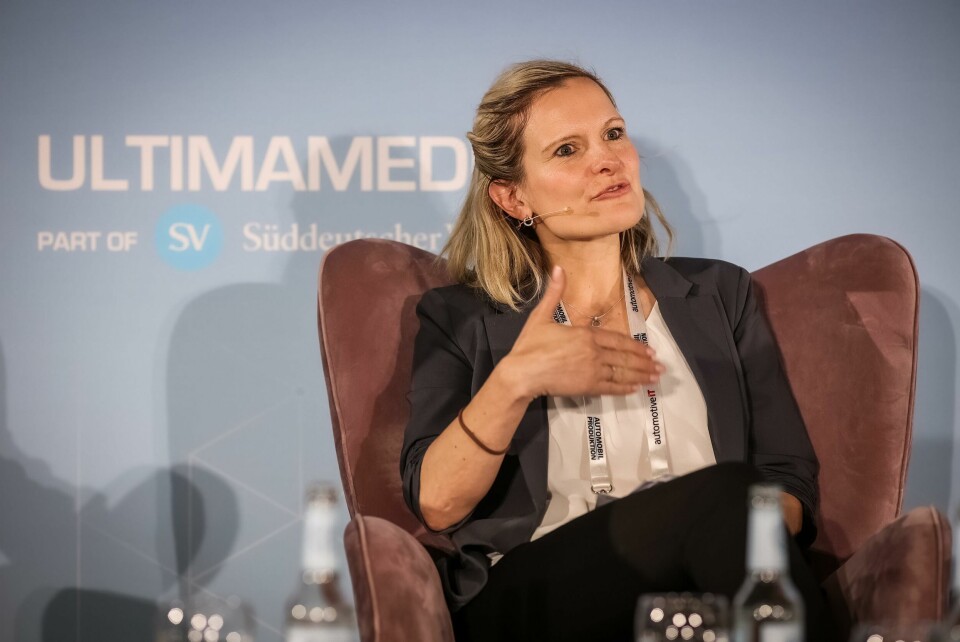
Watch: How JLR Is futureproofing production and skills
-
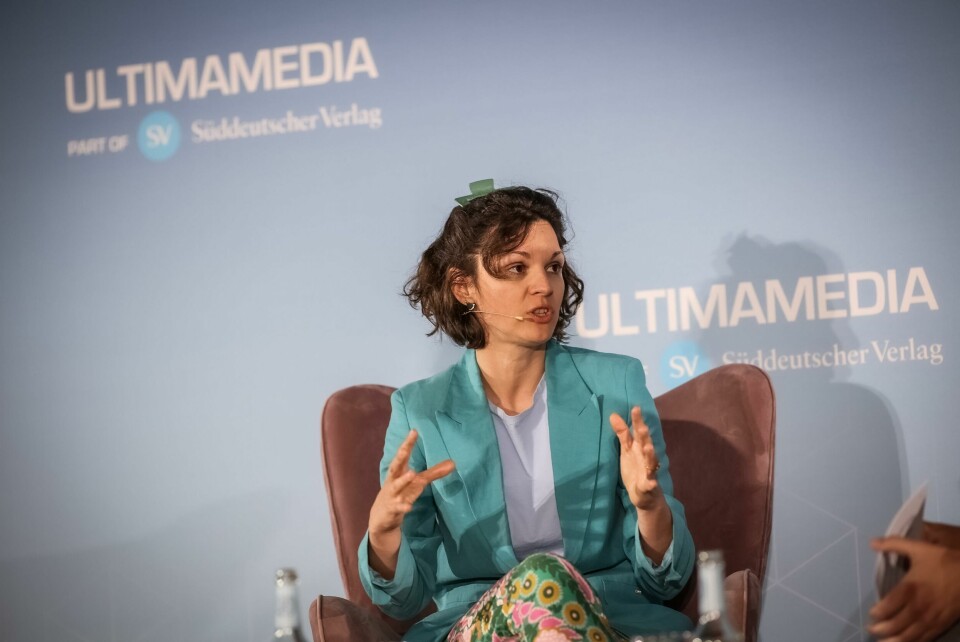
Video: Opel’s Bilyana Stern on leadership, logistics and building resilience at Stellantis
-
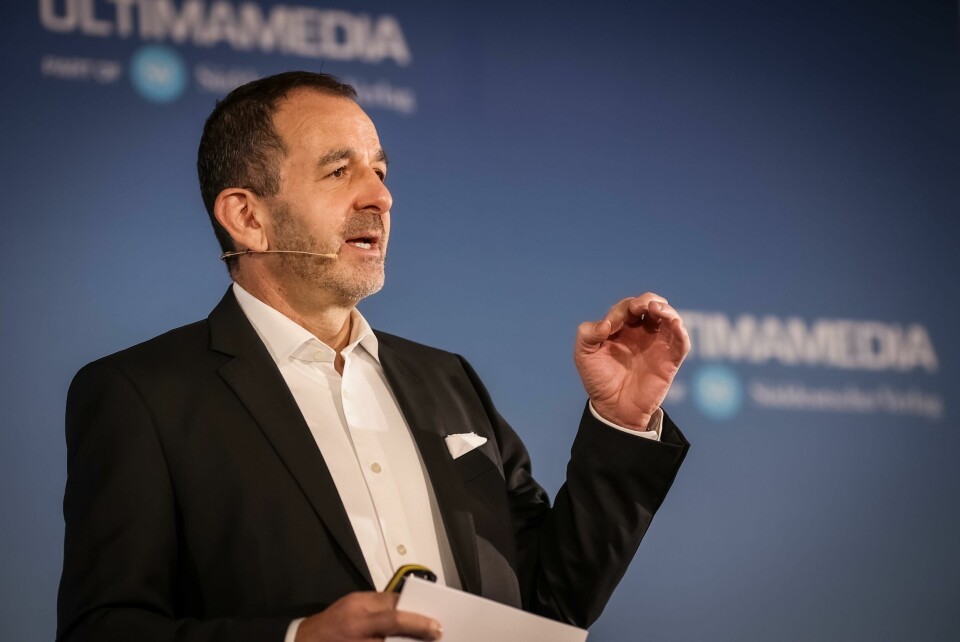
Video: BMW’s Dr. Michael Nikolaides on AI, robotics, and resilience
-
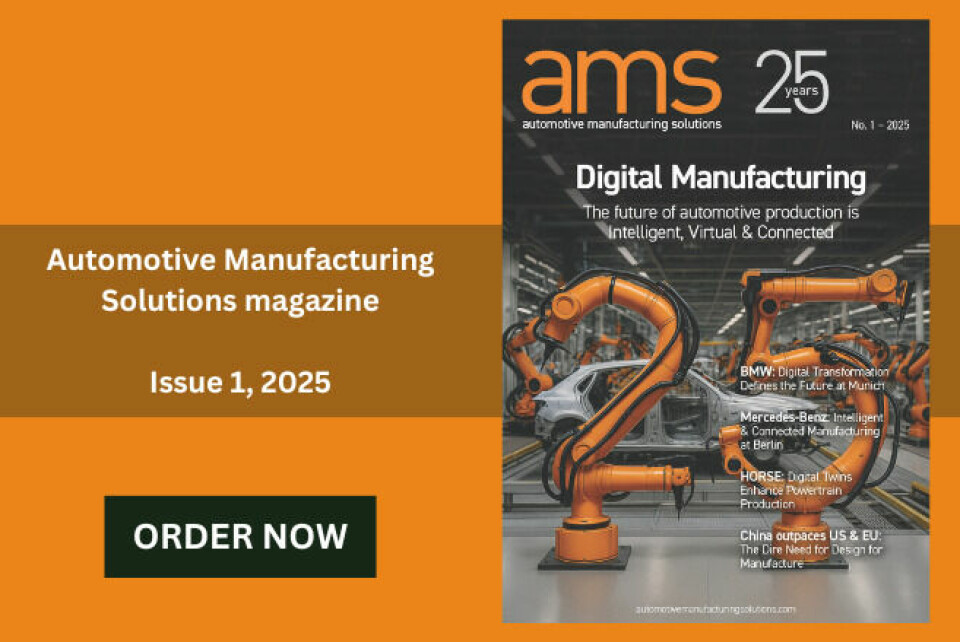
Automotive Manufacturing Solutions Magazine – Issue 1, 2025
-
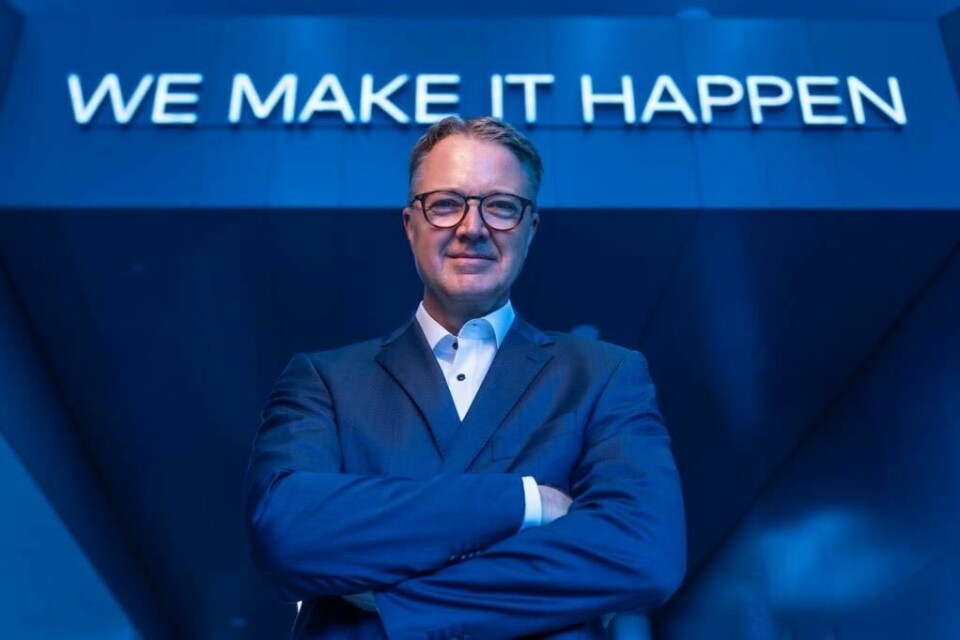
How Henkel is co-developing the EV batteries of the future
In this insightful conversation from the Automobil Produktion Kongress, Arno Güllering, chief operating officer at Dräxlmaier, outlines his first-year priorities leading production and logistics for the global supplier—and why digitalisation is central to every step forward.
Visiting sites from Mexico to Tunisia, Güllering was struck by the digital maturity in some of Dräxlmaier’s so-called “best-cost” locations. “You would not guess how far advanced in digitalisation Tunisia is,” he notes. “It was an eye-opener.” These locations are now shaping best practices across the wider plant network.
He stresses that digitalisation isn’t just a buzzword—it’s essential for global competitiveness. “We have to make use of it to keep up with China,” Güllering explains. “You have to give it space to grow.”
Dräxlmaier has already connected nearly every plant to the cloud and built highly tailored shopfloor dashboards. But the next frontier, Güllering says, is leveraging generative AI. One high-potential area: maintenance. “You just talk to your phone… and it tells you when the machine was last repaired, how often it fails, and what to do differently.”
Driving this transformation requires not massive headcounts, but focused expertise. “It’s amazing how small the number of specialists in a plant is—just 3 to 5 people,” he explains, “but they form the backbone of the digital push.”
To succeed, Dräxlmaier is investing in IT/OT connectivity, AI integration, and the skills to future-proof its manufacturing network.
As Güllering concludes: “If you have 100 machines and only 10 are connected, you will not improve the whole plant.”

